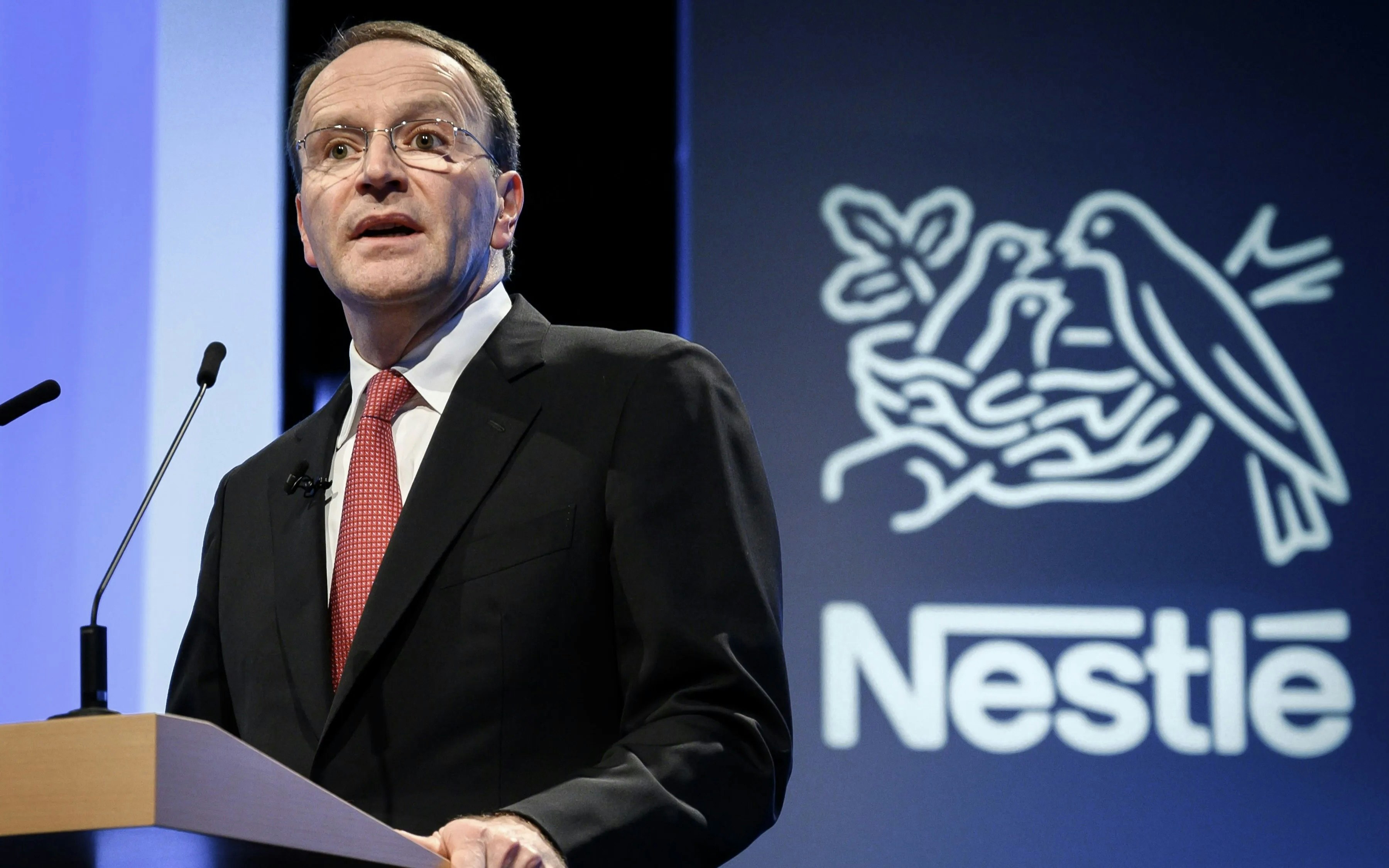Business
Nestlé puts US vitamin business under review – Future focus on higher-margin premium brands
Nestlé is considering the sale of weak vitamin brands and, under CEO Freixe, is focusing on specialization and margin strength.

Nestlé initiates a fundamental strategy shift under new CEO Laurent Freixe. As part of the half-year figures, the Swiss company announced a review of its US vitamin portfolio, particularly the mainstream brands Nature’s Bounty and Puritan’s Pride. Nestlé had only acquired both brands in 2021 as part of the acquisition of Bountiful Co for 5.75 billion dollars – a possible sale is now under consideration.
The step marks a departure from the expansion strategy under predecessor Mark Schneider, who wanted to diversify Nestlé with acquisitions into new categories such as health supplements. Freixe, on the other hand, prioritizes a return to high-margin core segments such as pet food, coffee, and medical nutrition.
Previously, Freixe had spun off the European water business and established a comprehensive efficiency program with savings targets of $2.8 billion. Now, the global supplement business is to focus on premium lines like Garden of Life and Solgar.
Despite an organic sales growth of 3 percent in the first half of the year, the operating result fell short of expectations. The crucial value of "real internal growth" – i.e., the quantitative sales growth – dropped by 0.4 percent, which analysts consider a direct consequence of price increases in a price-sensitive market environment. The increase in the operating margin to 16.5 percent (compared to the expected 15.9 percent) could not appease disappointed investors: The stock fell by 5 percent on Thursday.
Market observers like Jean-Philippe Bertschy from Vontobel welcome the new direction but criticize the late intervention. "Nestlé apparently hoped for too long that the deficient brands could turn around faster." A sale of the two vitamin brands could bring in a few hundred million according to Bertschy – valued with a multiple of 10 to 12.
Further sales are likely to follow. Already in May, Freixe indicated a desire to part with business areas where Nestlé is "not in a position to win." This includes the U.S. frozen and prepared meals segment, which is particularly suffering in the current consumer downturn.






